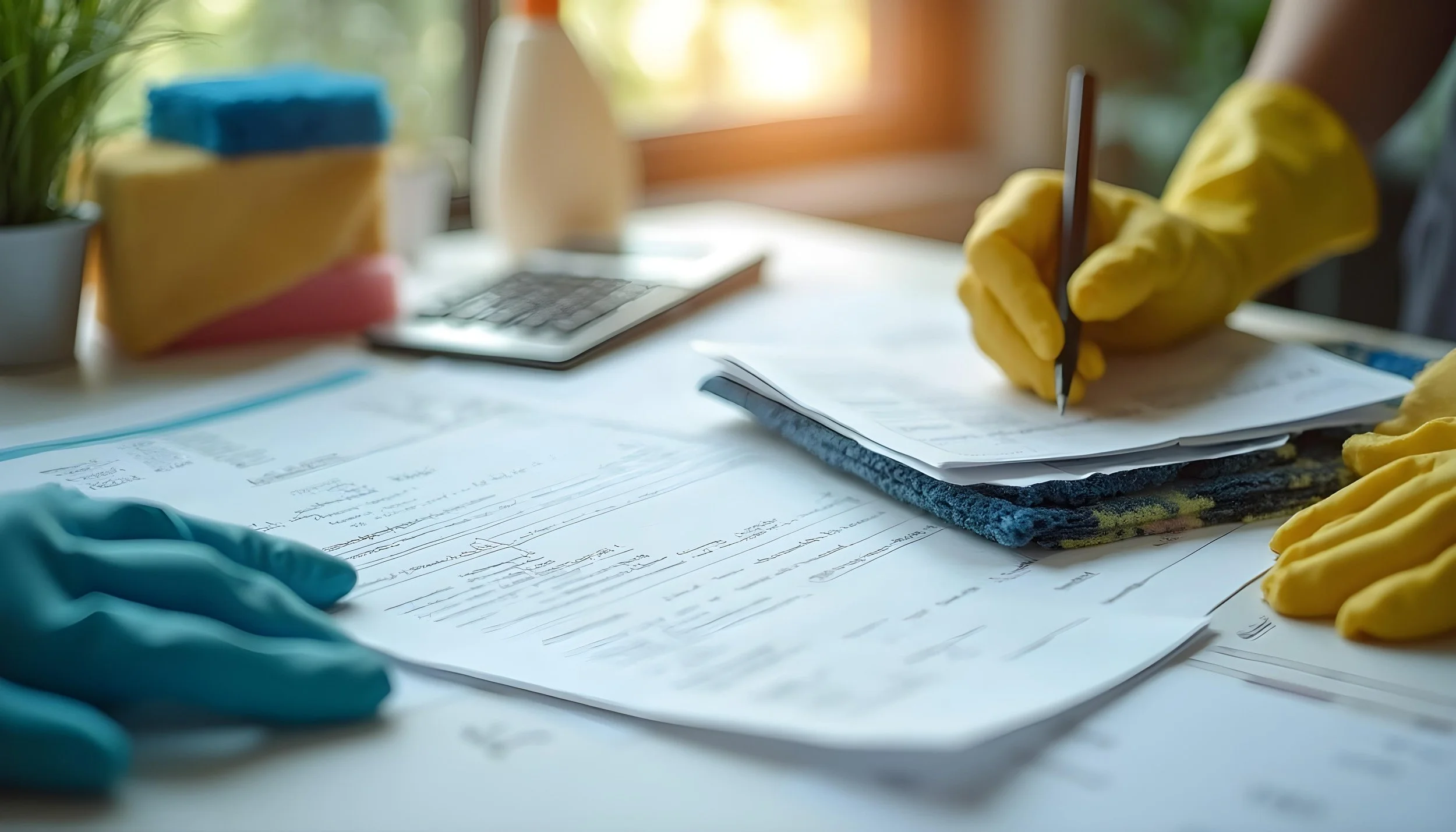Can You Write Off Cleaning Bill?
When running a business, managing expenses effectively is crucial for maximizing profits and minimizing tax liabilities. One area that often raises questions is whether cleaning services can be written off as a business expense. This blog will explore the ins and outs of writing off cleaning bills, providing clarity for business owners and freelancers alike. If you're based in Austin, Austin Cleaning Services can help maintain a clean and professional workspace, which may also contribute to your tax deductions.
Understanding Tax-Deductible Expenses
Tax-deductible expenses are costs that can be subtracted from your taxable income, thus lowering your overall tax liability. According to the Canada Revenue Agency (CRA) and other financial experts, for an expense to be deductible, it must be both ordinary and necessary for your business operations. This means that the expense should be common within your industry and essential for generating income.
What Expenses Can Be Written Off?
Home Office Expenses: If you operate from home, you can deduct a portion of your home office expenses, including utilities and maintenance, which may encompass cleaning services.
Cleaning Services: If you hire professional cleaning services to maintain your office or workspace, these costs can typically be deducted. The key is ensuring that these services are directly related to your business operations.
Office Supplies: Items like stationery, printer ink, and cleaning supplies used in your office are also deductible.
Utilities and Rent: Costs associated with renting office space or utility bills are generally deductible as well.
Professional Services: Fees paid for consulting or legal advice can also be claimed.
Specifics on Writing Off Cleaning Bills
When it comes to writing off cleaning bills, the IRS provides guidelines that clarify what qualifies as a deductible expense:
Business Use: The cleaning services must be used for business purposes. If you have a dedicated office space where clients visit or where business activities take place, hiring a cleaning service for that space is typically considered a legitimate expense.
Documentation: Keep all invoices and receipts related to cleaning services. Proper documentation is essential in case of audits.
Proportionate Claims: If you use the space for both personal and business purposes (like a home office), you can only deduct the portion of the cleaning costs that pertains to the business use.
How to Claim Cleaning Expenses
To claim cleaning expenses on your taxes:
Keep Records: Maintain accurate records of all cleaning service invoices.
Calculate Business Use Percentage: If applicable, determine what percentage of the cleaning service was used for business versus personal purposes.
File Your Taxes: Include these expenses when filing your taxes under the appropriate categories (such as "office expenses" or "maintenance").
The Importance of Professional Cleaning
Investing in professional cleaning services not only ensures a tidy workspace but can also enhance productivity and create a positive impression on clients. A clean environment can reduce distractions and promote better focus among employees. Furthermore, when these services are tax-deductible, they become an even more attractive option for businesses looking to optimize their operations.
Common Misconceptions About Cleaning Deductions
Personal vs. Business Expenses: Many business owners mistakenly believe that any cleaning expense is deductible without considering its relevance to their business activities.
Home Cleaning Services: Regular home cleaning services are generally not deductible unless they pertain specifically to a designated home office space.
Mixed-Use Spaces: For those using shared spaces (e.g., co-working spaces), it’s essential to understand how much of the cleaning service applies to your specific usage.
Conclusion
Writing off cleaning bills can significantly benefit your bottom line when done correctly. By understanding what qualifies as a deductible expense and maintaining proper documentation, business owners can take advantage of this opportunity to reduce their taxable income effectively. As you consider hiring services like those offered by other professional providers, remember that cleanliness plays a vital role in fostering a productive work environment while also potentially lowering your tax burden.
In summary, if you're operating in various locations such as Austin or even considering options like cleaning in Miami, ensure you're aware of the tax implications associated with your cleaning expenses to maximize your deductions effectively.
